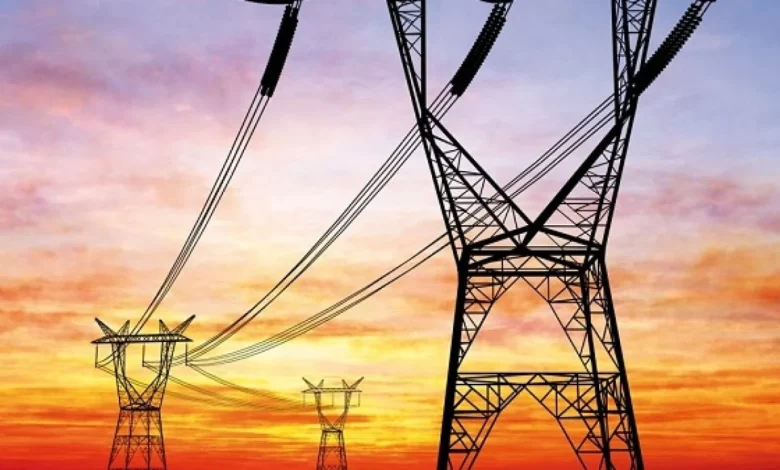Nigeria’s national electricity grid suffered a partial collapse on Tuesday, causing widespread power outages across the country. This incident marks the ninth grid collapse in 2023, highlighting ongoing issues in Nigeria’s energy infrastructure. The Transmission Company of Nigeria (TCN) confirmed the collapse, which occurred around 12:52 GMT, explaining that it was caused by a sequence of line and generator trips that destabilized the grid.
Efforts to Restore Power
Although power was restored in parts of Nigeria, including the capital city, Abuja, about an hour after the collapse, many areas remain without electricity. “Our engineers are working quickly to restore power to all regions affected by this partial disturbance,” stated TCN spokesperson Ndidi Mbah.
Persistent Blackouts Due to Aging Infrastructure
Power outages are a common challenge in Nigeria, Africa’s most populous country, home to over 200 million people. The frequent blackouts stem from various issues, including an outdated power grid, ongoing vandalism, and insufficient gas supplies for the country’s thermal power plants, which generate more than 75% of Nigeria’s electricity.
Limited Capacity and High Cost of Backup Power
While Nigeria has the infrastructure to generate up to 13,000 megawatts, the aging grid can only effectively distribute about one-third of that capacity. This shortfall forces businesses and households across the country to rely on expensive fuel generators to maintain essential power, driving up operational costs and impacting the economy.
Nigeria’s government faces growing pressure to modernize its power infrastructure, improve supply reliability, and reduce the frequency of grid collapses impacting everyday life.
Stay connected to know more on arcnews.online for global news like Nigeria’s National Power Grid Faces Ninth Collapse of the Year. For videos updates visit our YouTube. Do subscribe to Arcnews to get latest updates directly in your mail box.
Have A Great Day.


